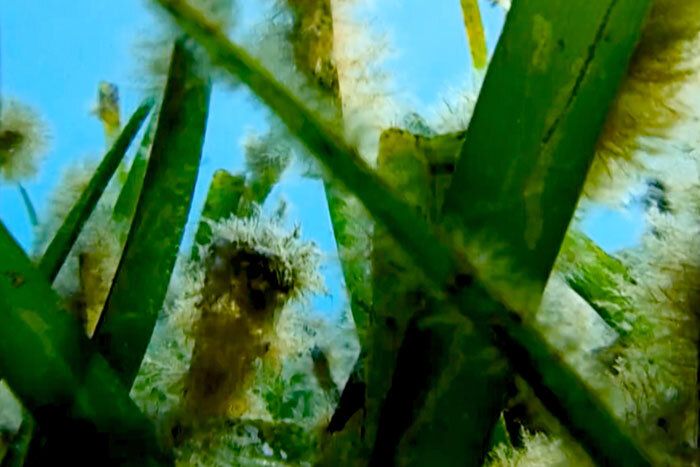When exposed to human-made noise, seagrass posidonia reveals permanent severe lesions in their sensory organs that sense gravity, which threatens their survival. This is the main conclusion of a recent study of the Laboratory of Applied Bioacoustics (LAB) of Universitat Politècnica de Catalunya BarcelonaTech (UPC) titled “Seagrass Posidonia is impaired by human-generated noise,” which is published in Nature Communications Biology.
These new findings demonstrate that plants have the physiological ability to perceive sounds, and just as importantly, reveal that commonly encountered sources of noise in the ocean can contribute to deplete their populations.
The last 100 years have seen the introduction of many sources of artificial noise in the sea environment, which have shown to negatively affect marine organisms. Many aspects of how noise and other forms of energy may critically impact the natural balance of the oceans are still unstudied. A lot of attention has been devoted to determining the sensitivity to noise of fish and marine mammals, especially cetaceans and pinnipeds, because they are known to possess hearing organs. Recent studies conducted at the Laboratory of Applied Bioacoustics (LAB) of the Universitat Politècnica de Catalunya, Barcelona Tech (UPC) have also shown that cephalopods, anemones and jellyfish, while lacking similar auditory receptors, are also affected by artificial sounds. Indeed, marine invertebrates have sensory organs whose main functions allow these species to maintain equilibrium and sense gravity in the water column.









Comments are closed.